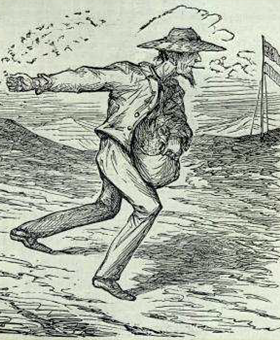 The Netherlands The Netherlands |
 Learners' testimonies: Learners' testimonies:
Emmy Rijsdijk (Slovenian meeting)My general experience of the Slovenian Lifelong Learning Week is very positive. The whole programme has been organized very well and the people who hosted the programme were very nice and hospitable. But most remarkable for me has been the degree of involvement that the Slovenian people showed us. Despite the economic crisis there's no discussion about the financial support of the life long learning week in Slovenia. The aim of the LLL week is to launch the philosophy: you're never too old to learn. The adult non-formal education projects in Slovenia are all supported by a well-managed and institutional structure. There are several projects all over the country connected to each other. Successful educational projects like that are the Study Circles. The conceptual form of the support by governmental institutions has been inspiring and useful for me.
During the opening programme we couldn't understand most of the speeches but because of the English subtitles we did understand the little movies made about the award winners. They were most important in this festival. Adult individuals who gained non formal education in their own way, as a volunteer or an artist, as a student or a teacher. They all learned new things and contributed their effort back into society, in a unique way. The LLW organization launched their philosophy by thanking this people with an award en showed us how involved there are with their own society.
I learned a lot in the thematic workshop: how to engage old and new media in learning festivals. We could listen to some very interesting lectures and during the afternoon we worked in groups. We got informed about the organization of SIAE, the Slovenian Institute for Adult Education, the Slovenian Life Long Learning week with special attention to the promotion and the use of media. We heard about the ins and outs of public relations in the public sector.
Not to forget the great opportunity to ask other countries about the libraries there. How do they cope with their revised role in society? Do they think illiteracy and new media are most important? Or do other countries have to cope with other difficulties? Spending time with people from other delegations from Europe gave me the opportunity to talk with people from other European delegations and share our experiences.
Emmy Rijsdijk, The Netherlands
<< Back
|

